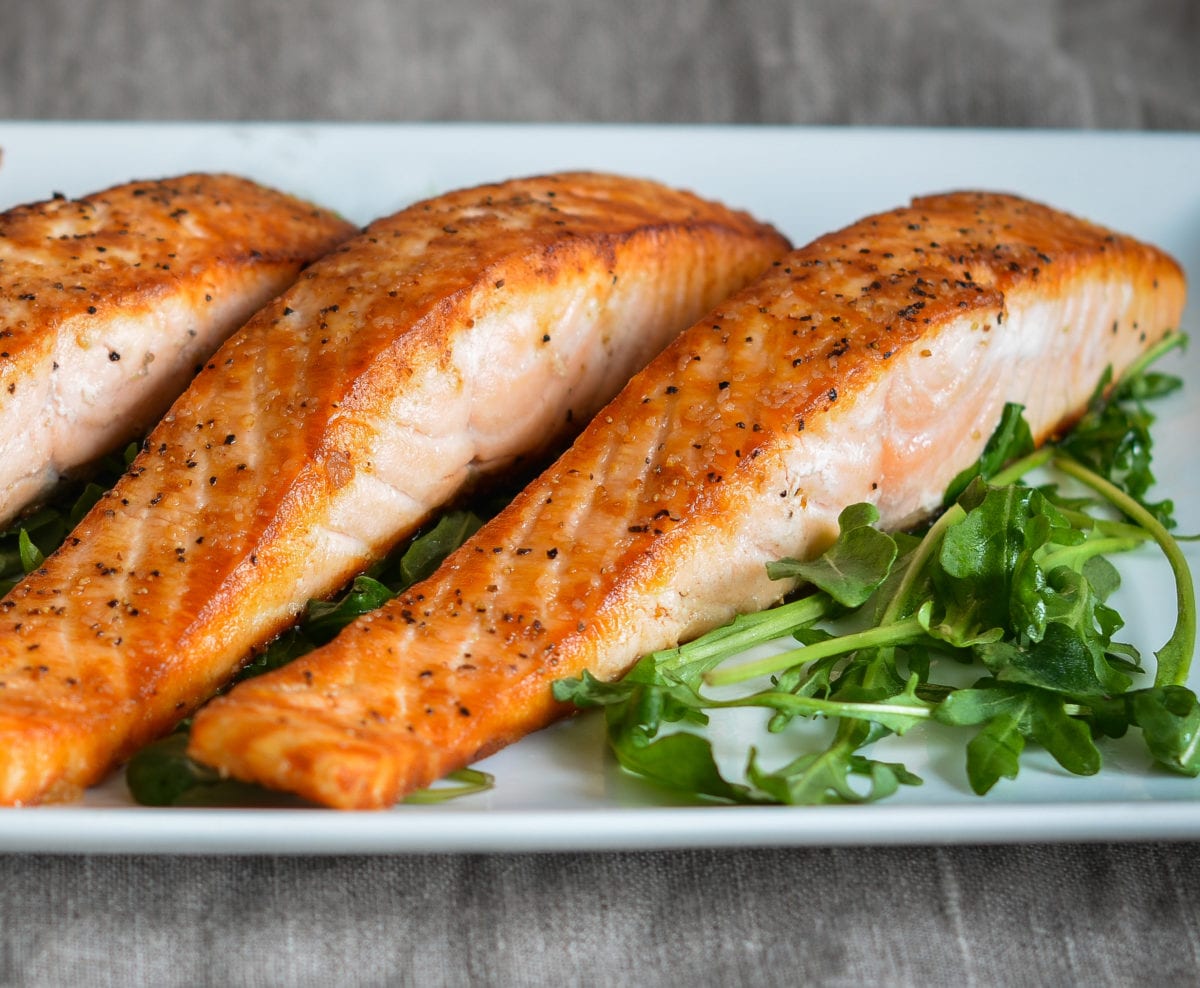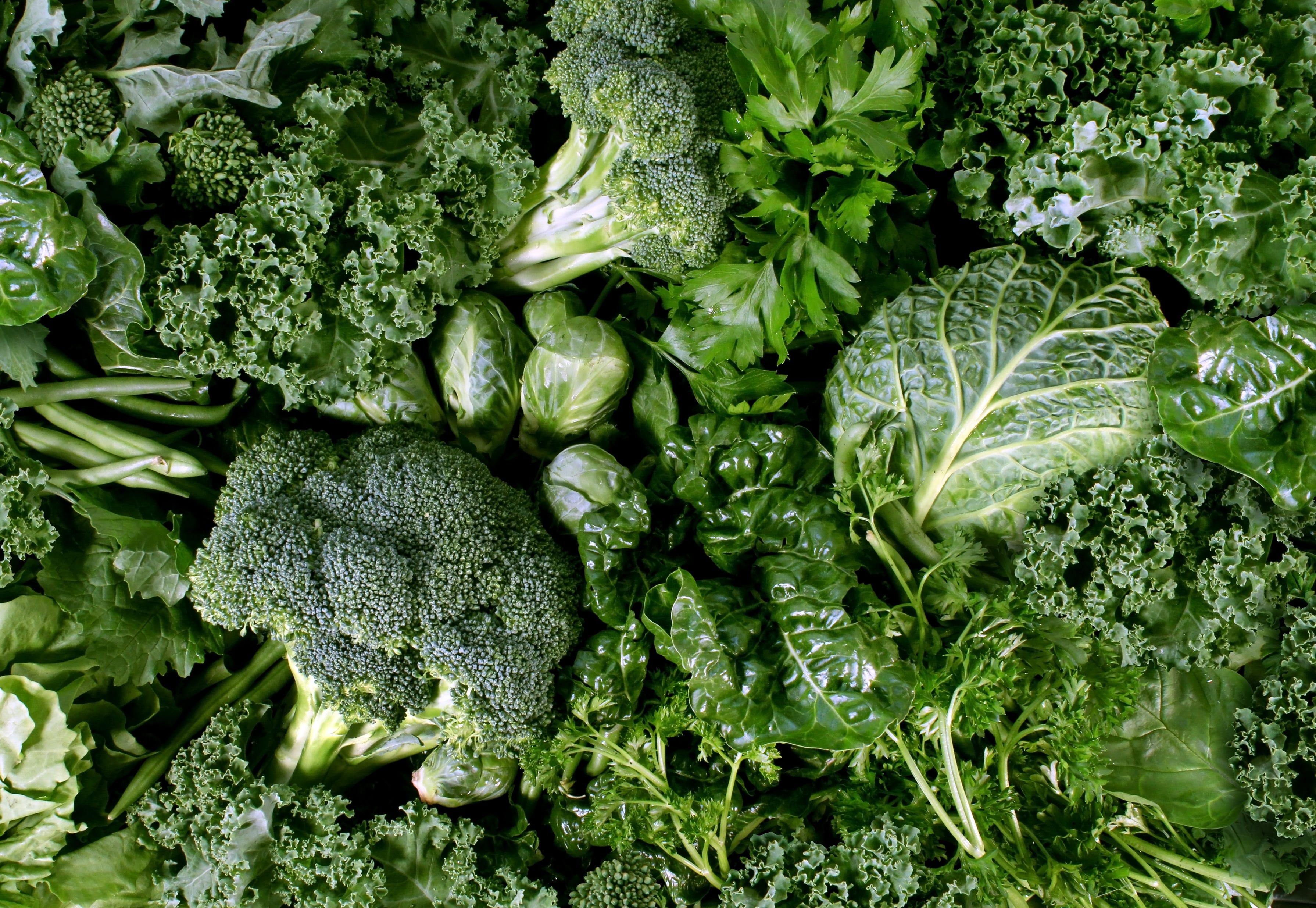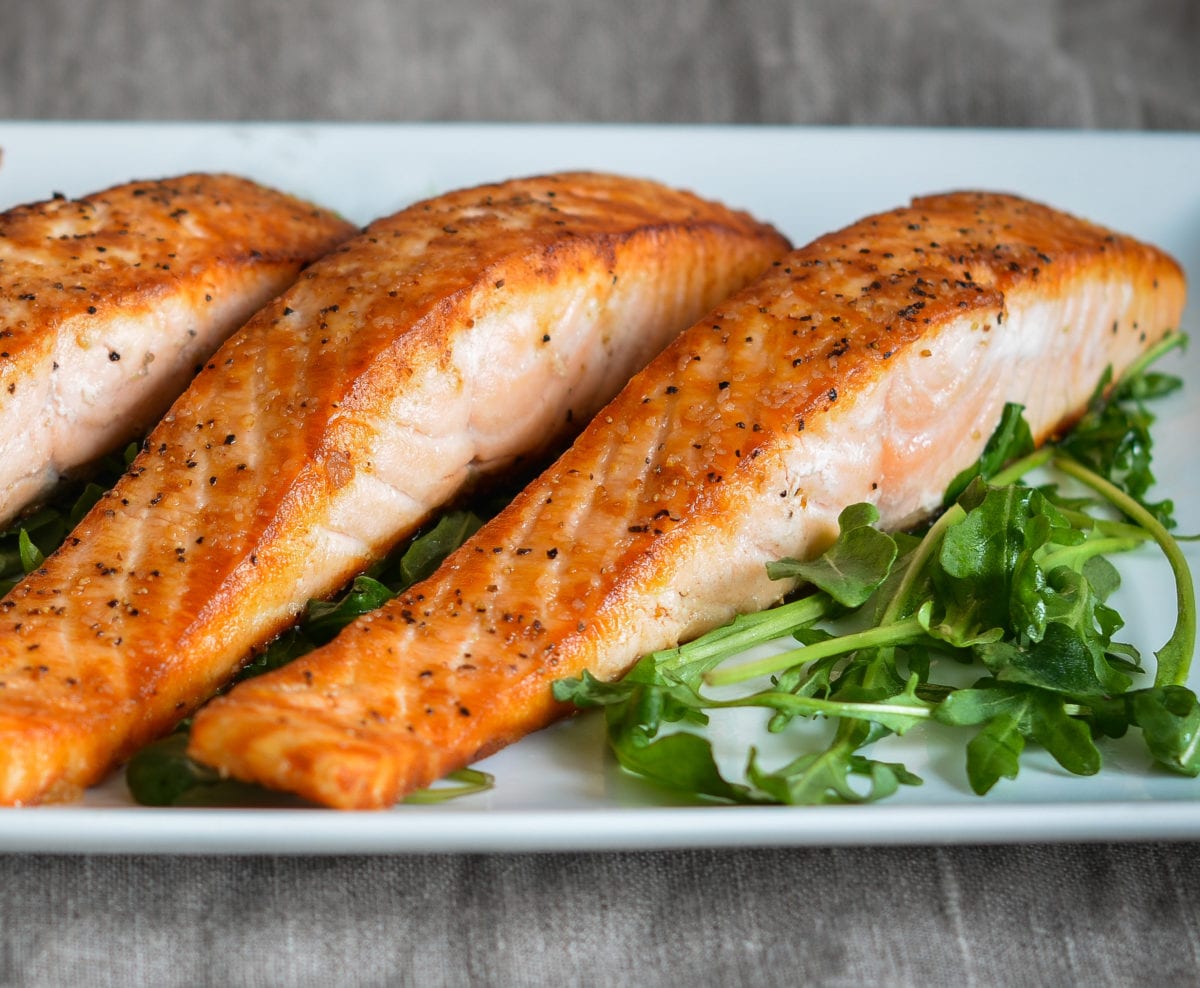Heart disease accounts for nearly one-third of all deaths worldwide. Diet plays a major role in heart health and can impact your risk of heart disease. In fact, certain foods can influence blood pressure, triglycerides, cholesterol levels and inflammation, all of which are risk factors for heart disease. Here are the heart-healthy foods that you should eat to maximize your heart health.
Contents
Heart-Healthy Foods
Leafy Green Vegetables
Leafy green vegetables like spinach, kale and collard greens are well-known for their wealth of vitamins, minerals and antioxidants.
In particular, they’re a great source of vitamin K, which helps protect your arteries and promote proper blood clotting.
They’re also high in dietary nitrates, which have been shown to reduce blood pressure, decrease arterial stiffness and improve the function of cells lining the blood vessels.
Some studies have also found a link between increasing your intake of leafy green vegetables and a lower risk of heart disease.
One analysis of eight studies found that increasing leafy green vegetable intake was associated with up to a 16% lower incidence of heart disease.
Another study in 29,689 women showed that a high intake of leafy green vegetables was linked to a significantly lower risk of coronary heart disease.
Black or Kidney Beans
You know the schoolyard chant: “Beans, beans, good for your heart.” Turns out it’s true! Beans have lots of soluble fiber, B-complex vitamins, niacin, folate, magnesium, calcium, and, you guessed it, omega-3 fatty acids.
Beans are so versatile. You can include them in soups, stews, or salads. Or make a meal out of them.
Try black beans on a whole-grain pita tostada with avocado, or combine them with corn kernels and onions to make stuffed bell peppers. Add canned kidney beans to a salad of cucumber, fresh corn, onions, and peppers, then toss with olive oil and apple cider vinegar. Or bring black beans and kidney beans together for a delicious, nutritious vegetarian chili.
Salmon
Salmon is chock full of omega-3 fatty acids, which can decrease the risk of abnormal heartbeats (arrhythmias), lower triglyceride levels, slow the growth of plaque in your arteries, and slightly lower blood pressure. The American Heart Association recommends two servings of omega-3 rich foods like salmon each week. A serving size is 3.5 ounces of cooked fish.
Salmon is a versatile food. Grill it with a rub or marinade, chop some and add it to a pasta dish with fat free marinara sauce, or add it to your salads for a protein punch.
Flaxseed (ground)
Ground flaxseed also has omega-3’s, along with both soluble and insoluble fiber. It has one of the highest available sources of lignans, which have both plant estrogen and antioxidant qualities.
Ground flaxseed is easy to incorporate into your diet and can be mixed into just about anything you normally eat. Sprinkle it on your breakfast cereal, on top of low fat yogurt, mix into muffins, or combine into your smoothies.
Red Apples
Apples have been linked to lower the risk of heart disease. This is because they contain many different compounds that improve various factors related to heart health. For example, they contain a phytochemical called quercetin which acts as a natural anti-inflammatory agent. Quercetin may also help prevent blood clots.
Apples contain soluble fiber, the kind that may lower bad cholesterol. They also contain polyphenols, known for their antioxidant effects. One polyphenol in particular, called flavonoid epicatechin, may help to lower blood pressure.
Other flavonoids are linked to decreased stroke risk.6 They may also have an effect in reducing bad cholesterol.
Apples come in several delicious varieties and are portable. Eat an apple with a handful of walnuts or almonds as a healthy snack, or add sliced apple to your salads.
Whole Grains

Whole grains include all three nutrient-rich parts of the grain: germ, endosperm and bran.
Common types of whole grains include whole wheat, brown rice, oats, rye, barley, buckwheat and quinoa.
Compared to refined grains, whole grains are higher in fiber, which may help reduce “bad” LDL cholesterol and decrease the risk of heart disease.
Multiple studies have found that including more whole grains in your diet can benefit your heart health.
One analysis of 45 studies concluded that eating three more servings of whole grains daily was associated with a 22% lower risk of heart disease.
Similarly, another study found that eating at least three servings of whole grains significantly decreased systolic blood pressure by 6 mmHg, which is enough to reduce the risk of stroke by about 25%.
When purchasing whole grains, make sure to read the ingredients label carefully. Phrases like “whole grain” or “whole wheat” indicate a whole-grain product, while words like “wheat flour” or “multigrain” may not.







Leave a Reply